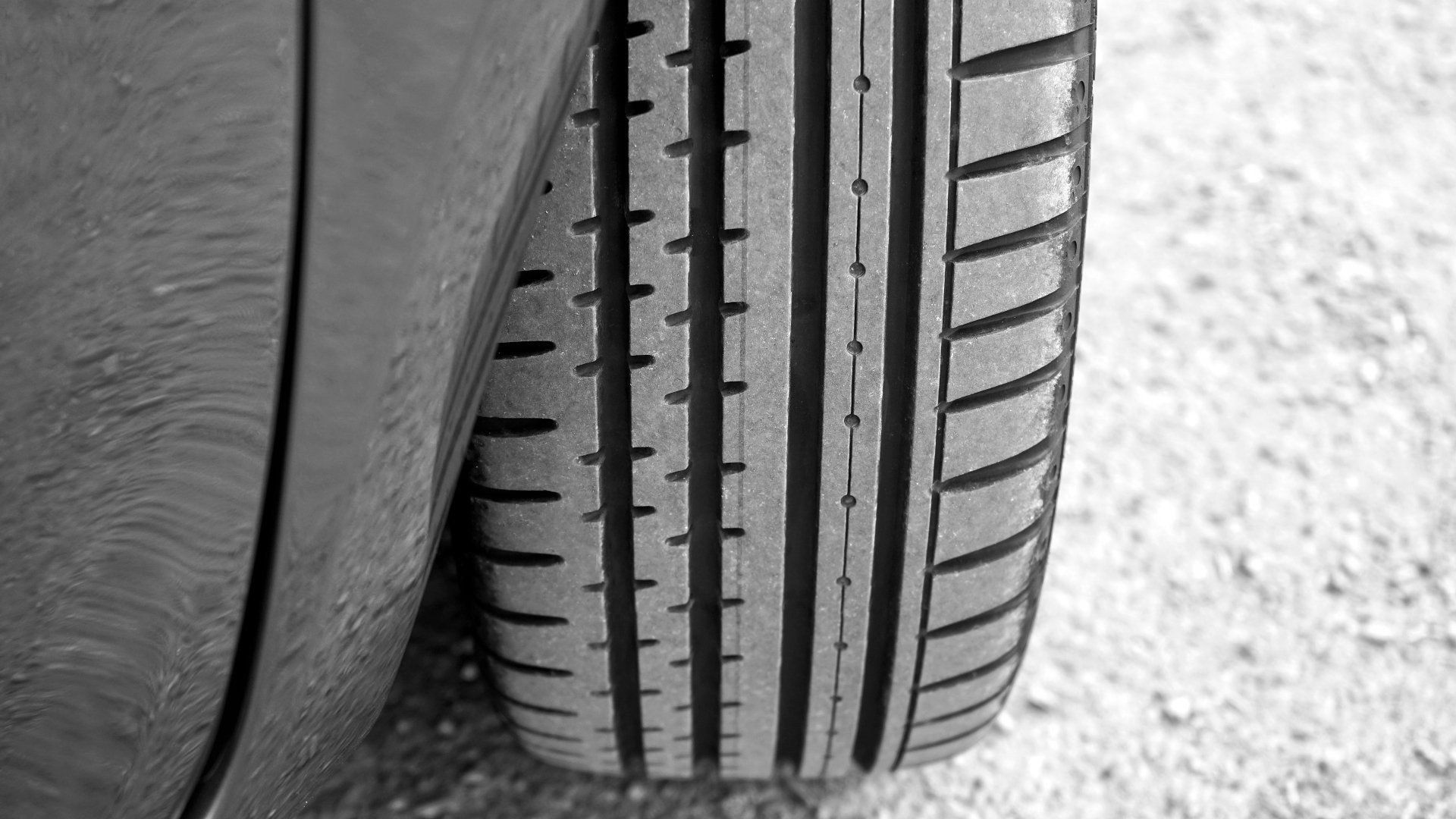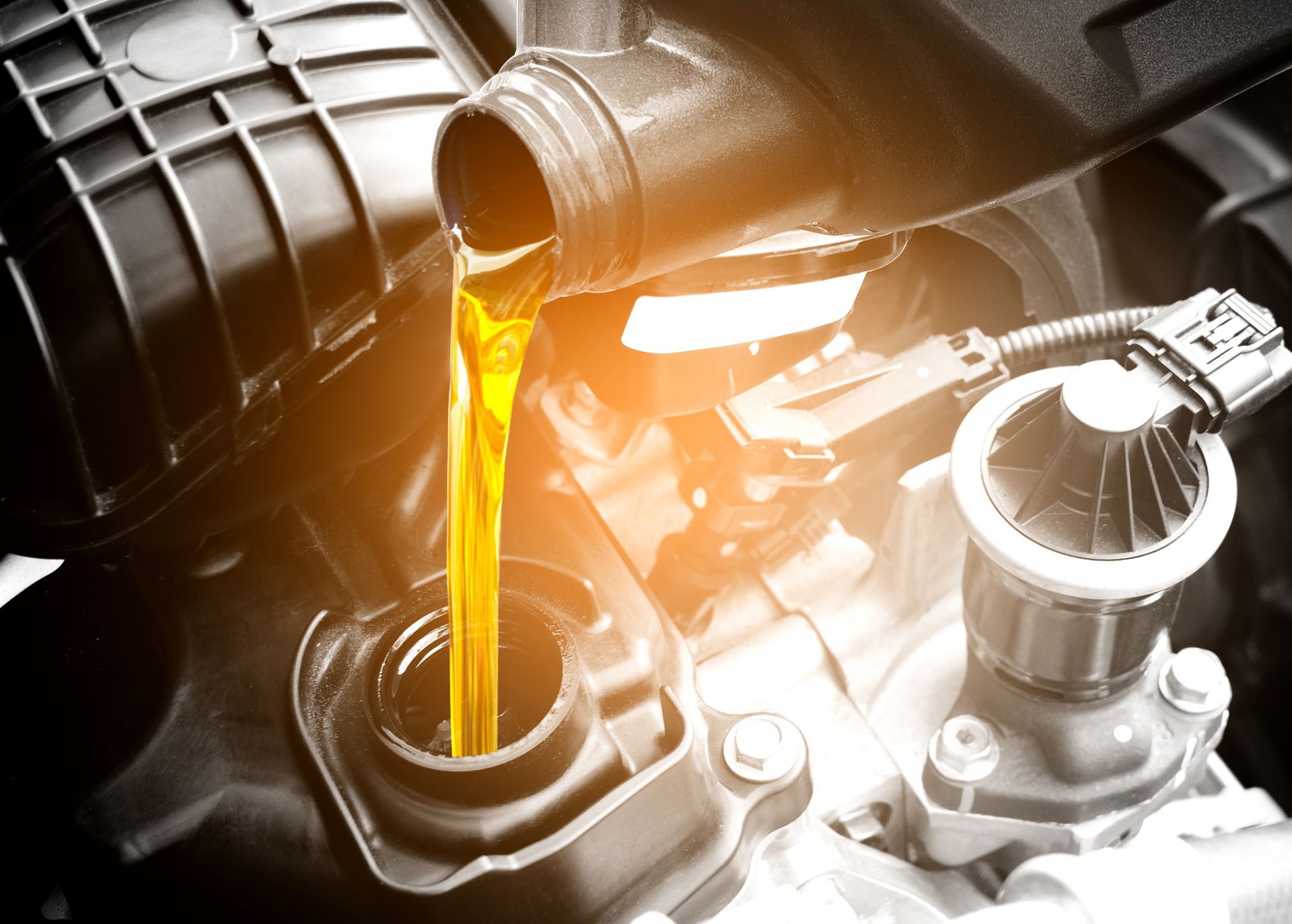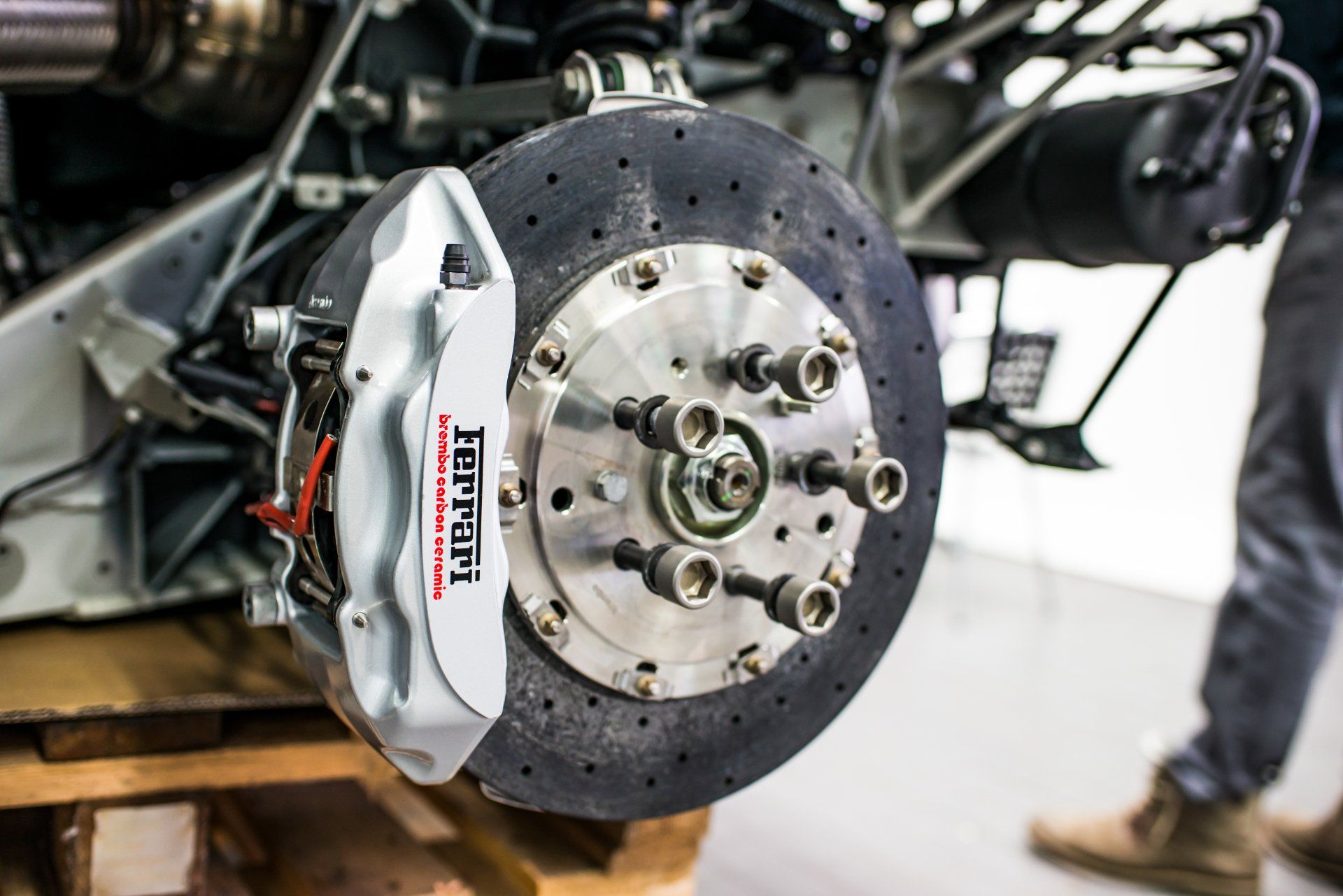What Causes Shaking in a Car
What Causes Shaking in a Car
It’s a typical morning. You hop in the car, turn the key in the ignition and begin your drive to work. And then you feel a strange vibration in your steering wheel. Or your brake pedal starts shaking. Either way, those probably aren’t the good vibrations you’re looking for on your morning commute. If your car is shaking when driving, or it shakes when it’s starting up, that vibration could be a symptom of a bigger issue. It’s crucial to take care of this problem as soon as possible. Ignoring a problem for too long — even if it doesn’t seem to impact your car’s functioning — can result in serious damage to your vehicle, which can mean costly repairs later on.
What Starts the Shaking?
A vibrating car can have many causes, so it’s important to get to the root of the problem as quickly as possible. Before bringing your car in, pay careful attention to what conditions start the shaking. Your mechanic can use this information to pinpoint the source of the problem. Consider the following:
- Is your car shaking when idle?
- Is your car shaking while braking?
- Is your car shaking when it starts?
- Is your car shaking when accelerating?
- Is your car making a vibrating noise when driving?
- Does the car only shake at certain speeds?
Make sure to also note where the vibration is coming from. Common sources include the seat, the pedals or the wheel, but you might feel it in more than one place if you’re dealing with a more complex issue.
Common Causes for Vibration in Cars
Once you’ve investigated the conditions of the shaking, you can use your observations to figure out what might be going on. Here are some of the most common reasons your car may be vibrating.
WHEEL ALIGNMENT AND AXLE PROBLEMS
If your steering wheel feels unstable, or if it wiggles when you drive, one or more of your wheels may be out of alignment. You may also have an issue with your wheel bearings, ball joints or tie rod ends. This misalignment can cause your vehicle to shake. You may also feel the shaking intensify as you accelerate. If this is the case, you could have a damaged axle. Most cars have two axles — one connecting the front wheels and one connecting the rear wheels. If either axle gets bent or deformed in an accident, it can cause your car to shake. It’s also smart to inspect the driveshaft and constant velocity (CV) joints for potential issues. Your driveshaft is the central rod that transmits torque to your wheels, and the CV joints connect the wheels to the transmission. If either component experiences heavy wear, it can let dust and debris into your system and cause further damage.
WORN-OUT TIRES
If your car only shakes at higher speeds, it could be due to uneven tire wear. In an ideal situation, your tires would wear at the same rate. The front of your car takes most of the force when you’re driving, though, so the front tires tend to wear down faster than the rear tires. Uneven wear can also happen when your tire and wheel systems are out of balance or experience heavy use. It could also be the result of more serious issues, which is why you should bring your car to the shop. Ask your mechanic about balancing and rotation if you think your tires are causing the problem. Worst case scenario, you’ll need to buy a new set of tires.
WORN-OUT SUSPENSION
When your spindles, control arms or bushings wear out, they can cause suspension system malfunctions that can cause your vehicle to shake. If you experience any of the following, your suspension system may be experiencing problems:
- You feel the shaking in your steering wheel
- Your car only shakes when you change speeds
- Your car only shakes when you drive over bumps
- You hear abnormal noises like squealing, clunking or squeaking
Your suspension system is complex and includes many different parts. If you’re inexperienced with repairing cars, this is definitely an issue you’ll want to leave to a professional.
ENGINE AND TRANSMISSION PROBLEMS
If your car is experiencing engine or transmission failure, it can start shaking. Common issues include:
- Loose engine mounts: Your engine mounts connect your engine to your car and dampen the normal vibrations from the engine. If these mounts are loose or worn out, you’ll likely feel and hear those vibrations.
- Loose transmission mount: The transmission mount connects your transmission to a crossmember, which connects to the chassis and absorbs vibrations. You could feel the vibrations if your transmission mount becomes loose.
- Dirty air filter: A dirty or clogged air filter prevents oxygen from entering your engine, which can cause it to run improperly.
- Low transmission fluid: If the shaking only happens when you accelerate, you may need to add more transmission fluid.
While these issues are usually easy to fix, you need to address them as soon as possible. Your mechanic could uncover more serious problems after inspection. For example, leaving a leaking system alone can cause permanent damage to your system — which can cost you much more down the line.
BRAKE DAMAGE OR MALFUNCTIONS
If your car shakes when you’re driving slowly or idling, your brake system may be the source of the problem. Your front brake mechanism, which includes the brake rotor, brake pads and calipers, takes the most damage when you brake. If you feel the vibration through your steering wheel and brake pedal, you may have worn or damaged rotors. These metal discs attach to the wheel and can become warped over time. The problem could also be in your brake pads, which slow your car down by pressing against the rotors. When your brake pads wear out and become too thin, they can cause your vehicle to shake. Ask your mechanic about brake rotor and pad replacements when you bring it in.
How to Fix a Shaking Car
While you may be able to fix simple issues on your own, it’s best to bring your car to a professional right away. An experienced technician can take a look at your car and determine whether you’re dealing with a quick fix or a symptom of a bigger issue. When you bring your vehicle in to Irish Mike’s Total Car Care, you can have peace of mind knowing you’re leaving it in good hands. Our experts will carefully inspect your car to identify the problem and offer the best solution. We can also provide suggestions for preventing similar problems in the future. If need help with a shaking or vibrating car, we’re here for you. We offer a wide range of automotive repair services, including tire repair, vehicle realignment, brake pad replacements and more. Contact us online or call us at 407-974-7041 to schedule an appointment today.










